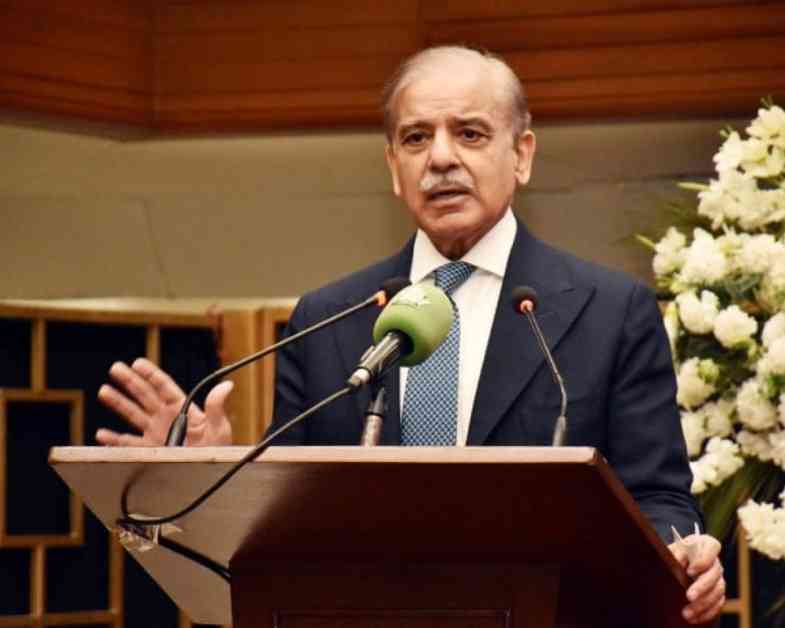Prime Minister Shehbaz Sharif is on a mission to empower the youth of Pakistan with essential modern digital skills. In a recent review meeting held in Lahore, he reiterated the government’s dedication to providing all necessary support to enhance the technological expertise of the country’s young population. The main focus of the meeting was an initiative aimed at training 300,000 individuals in information and communication technology (ICT) in partnership with Huawei Technologies. Representatives from Huawei were present at the session to discuss the progress of the agreements signed with the tech giant in China the previous year and to strategize on expanding digital skills training nationwide.
At the heart of this initiative is the recognition of the pivotal role that youth play in propelling technological advancements. Prime Minister Shehbaz Sharif emphasized that the ICT training program not only has the potential to boost IT exports but also to generate employment opportunities for the youth. Through this collaboration with Huawei, Pakistani youth will receive training in cutting-edge technologies such as artificial intelligence, cybersecurity, and cloud computing, among others. The goal is to equip them with the skills necessary to thrive in the digital age.
With a current count of 20,315 students having already completed training under the program, the momentum is building. To further expand the reach and impact of the initiative, an ICT training portal is set to be launched. This portal will provide participants with online learning opportunities, ensuring accessibility and flexibility in the learning process. Prime Minister Shehbaz Sharif stressed the importance of swift implementation and widespread availability of the portal to maximize participation.
Looking ahead, the government is committed to ensuring that the benefits of this program reach all provinces, including Azad Kashmir and Gilgit-Baltistan. By extending the initiative to these regions, the aim is to create a more inclusive and comprehensive approach to digital skills training across the country. Huawei, on their part, has reaffirmed their dedication to launching advanced training programs in Pakistan. Additionally, they plan to train local master trainers who will then impart these valuable skills to youth at the grassroots level.
Digital literacy and proficiency in modern technologies are becoming increasingly essential in today’s fast-paced world. By investing in the youth and providing them with the tools they need to succeed in the digital landscape, Pakistan is not only securing a brighter future for its young population but also positioning itself as a competitive player in the global technology sector. The government’s commitment to empowering the youth with modern skills is a testament to its vision for a progressive and digitally advanced Pakistan.
Expert Insights on the Importance of Digital Skills Training
In a statement following the review meeting, technology expert Dr. Sarah Ahmed emphasized the critical role of digital skills training in preparing the youth for future job markets. “The rapid pace of technological advancements requires individuals to be equipped with the necessary skills to adapt and thrive in the digital economy,” Dr. Ahmed stated. She further highlighted the significance of public-private partnerships, such as the one between the government of Pakistan and Huawei, in bridging the digital skills gap and fostering innovation.
Impact on Youth Employment and Economic Growth
The push towards enhancing digital skills among the youth is not only beneficial on an individual level but also holds promising prospects for overall youth employment and economic growth. By equipping young people with in-demand digital skills, the government is laying the foundation for a more competitive workforce and a thriving digital ecosystem. This, in turn, can lead to increased job opportunities, higher productivity, and a strengthened economy. As the youth of Pakistan embrace these modern skills, they are better positioned to contribute meaningfully to the country’s digital transformation and global competitiveness.









